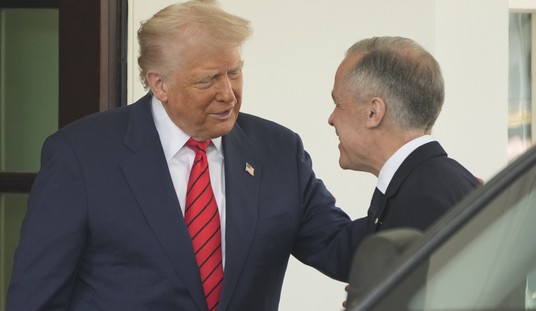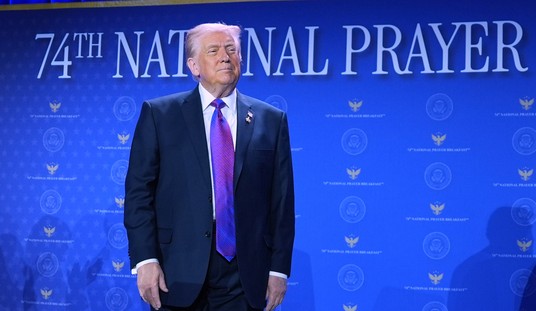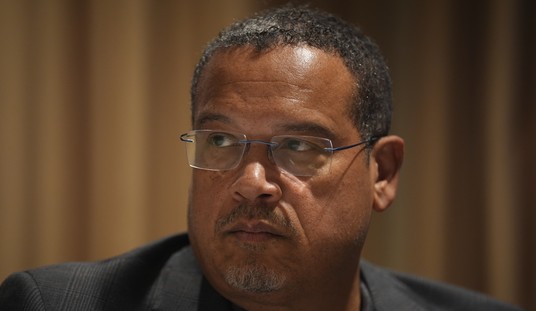China’s declaration that “patriots” need to run the Hong Kong government is about as scary as it is nebulous. Patriotism is a malleable word because various homegrown factions with vastly different policy positions and goals can easily declare allegiance to a country. China’s Ambassador to the U.S., Cui Tiankai, sees “patriotism” in Hong Kong as simple: You’re either for China or against it.
“In the case of Hong Kong, external forces keep on bolstering the rioters and those behind them,” Tiankai avowed in a Sunday morning column in Hong Kong’s South China Morning Post. “By improving the electoral system, we are able to eliminate such risks and close an institutional loophole to ensure the stability of Hong Kong. The central government is honouring its constitutional responsibility since the introduction of Hong Kong’s national security law.”
Tiankai’s “external forces” comment is an obvious swipe at democracy advocates for meeting with German and United States politicians in 2019 after HK’s government considered the scuttled extradition bill. One would wonder if Tiankai considers Chief Executive Carrie Lam’s participation in the 2020 World Economic Forum featuring then-U.S. President Donald Trump and German Chancellor Angela Merkel as a case of meeting with “external forces.” The same with her lunch with the Luxembourg prime minister.
The ambassador is incorrect in his declaration Hong Kong became more democratic after the Chinese takeover. The first direct election of Legislative Council members happened in 1991 after the formation of Basic Law, but while HK was still a British colony. Tiankai also ignores two important facts: HK was already on track for a more representative government via the 1984 Green and White papers and China rejected the legislature in 1994 due to political reform proposals. Not exactly the definition of agreeing to what the people want.
What’s fascinating is the United Kingdom’s stance. The British government declared China to be in breach of Part Three, Section Five of the Sino-British Joint Declaration promising, “Rights and freedoms, including those of the person, of speech, of the press, of assembly, of association…will be ensured by law in the Hong Kong Special Administrative Region.” Beijing also violated Part Six of Section Five vowing Hong Kong’s policies to remain unchanged until 2047. It’s 2021, the last time I checked the calendar. British Foreign Minister Dominic Raab said the nation will stand up for Hong Kong and wants China to “act in accordance with its legal obligations and respect fundamental rights and freedoms in Hong Kong.”
How Raab and Prime Minister Boris Johnson plan to handle China remains to be seen given the current coronavirus pandemic and lockdown in parts of the UK. No one should desire a shooting or trade war with China. People will die and economies will be destroyed. Negotiation is the best policy although there’s only so much governments can do. Perhaps it’s better for individuals to give their support to HK democrats through monetary donations or support in other ways. It’s a complicated situation and one needs a clear head before rushing off in support of one policy or the other.
A final thing worth noting is how China’s moves are a threat to freedom, despite the government’s claim to preserve democracy. Hong Kong remains democratic, in the sense that citizens still choose Legislative Council members. The problem is China’s ability to pick who gets to run to LegCo under the guise of ensuring “patriots” in office – similar to mainland China’s electoral policy. Lessening the power of government keeps the tyranny of the majority from happening. This is not saying democracy is preferable to monarchy, dictatorship, warlordism, or oligarchy but a warning for those who see it as the best and only solution to national policy.







Join the conversation as a VIP Member